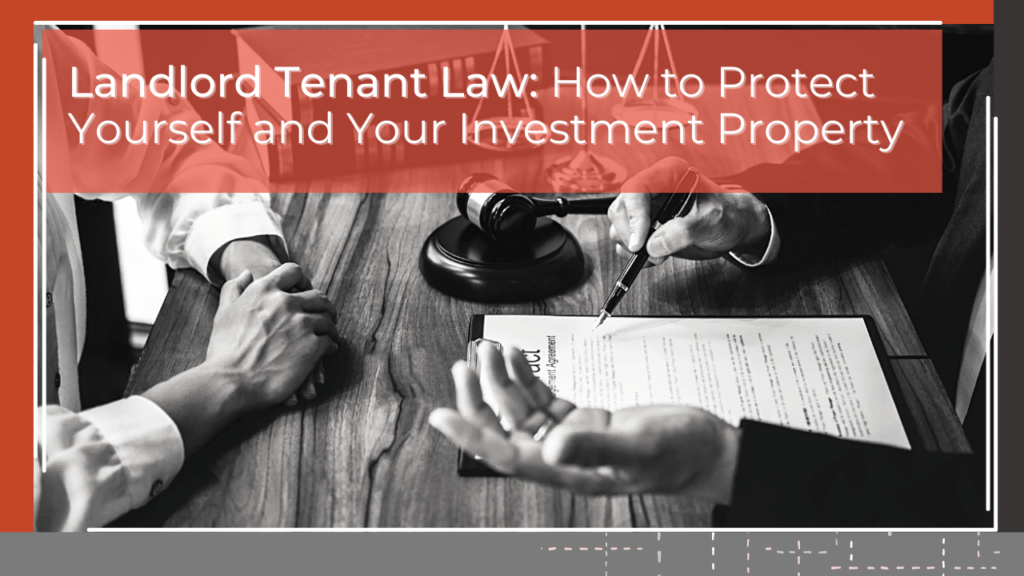Washington Landlord Tenant Law: How to Protect Yourself and Your Vancouver Investment Property

Making legal mistakes when you’re renting out a Vancouver investment property can be expensive and time-consuming. Most landlords don’t intentionally violate the law, but if you don’t understand the particulars of what’s required and what’s prohibited, it’s easy to make a mistake.
Protect yourself and your investments by learning about the state, local, and federal laws that impact you as a landlord. There are too many of them to talk about in one blog, but today we’re highlighting some of the most important laws and those that are easy to miss.
Always talk to a Vancouver property management expert or a landlord tenant attorney when you have a question about how to handle a potentially difficult legal situation.
Washington Fair Housing Laws
Federal, state, and local fair housing laws apply to all rental properties, and they are in place to protect people against discrimination. There are seven protected classes of people on a federal level and the State of Washington goes even further. Tenants in Washington State are protected against discrimination because of their race, color, national origin, religion/creed, sex/gender, because of the presence of children, disability, sexual orientation and gender identity, marital status, and military/veteran status
You have to be mindful of your advertising, screening, and management processes. You can’t ask questions on the rental application that would violate those fair housing laws, and you can’t treat a service animal the same way you would treat a pet. Make sure you know the protected classes, and keep all of your leasing and screening procedures documented and fair.
Renters Rights: Quiet Enjoyment
Your tenants have a right to quiet enjoyment when they rent your home. This means you can’t be showing up every week, asking to look around. Their expectation is that they will be left alone unless you ask in advance to access the property.
Quiet enjoyment also means your tenants should live in a home that’s free from disruptions and intrusions from neighbors. If you’re managing a multi-family property, you’ll want to include something in the lease agreement that addresses quiet hours and how tenants are expected to treat one another.
Habitability Issues and Tenancy Law
As a Vancouver landlord, you’re legally required to provide a safe and habitable home for your tenants. This means responding to maintenance issues right away, especially when they threaten to make a home inhabitable. You cannot put off repairs that deal with water, heat, electricity, and mold. Take care of these things right away.
Eviction Law in Washington State
An existing eviction moratorium is in place because of the COVID-19 pandemic. However, as that fades away, there are still some pretty strict eviction protections in place for tenants.
New eviction laws were put into place in the middle of 2019 to protect tenants by reducing evictions and providing more time for them to be able to catch up with overdue rent. Before July of 2019, a Three Day Notice would be served on tenants who were late with rent. You would give your tenants three days to catch up with rent, vacate the property, or face the consequences of an eviction.
The law is now 14 days. When rent is late, you will serve a notice that provides 14 days for the tenants to catch up with the overdue rent.

These are just a few of the laws you need to be aware of. We’d love to talk about your specific situation and any questions you might have about your legal responsibilities or Vancouver property management in general. Please don’t hesitate to contact us at Utmost Property Management.
